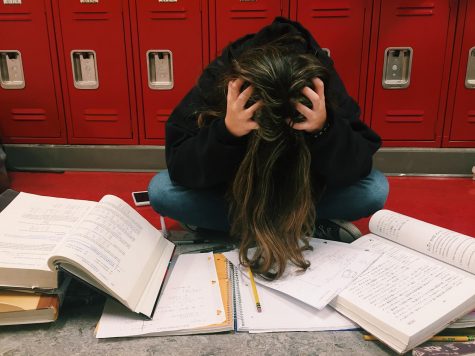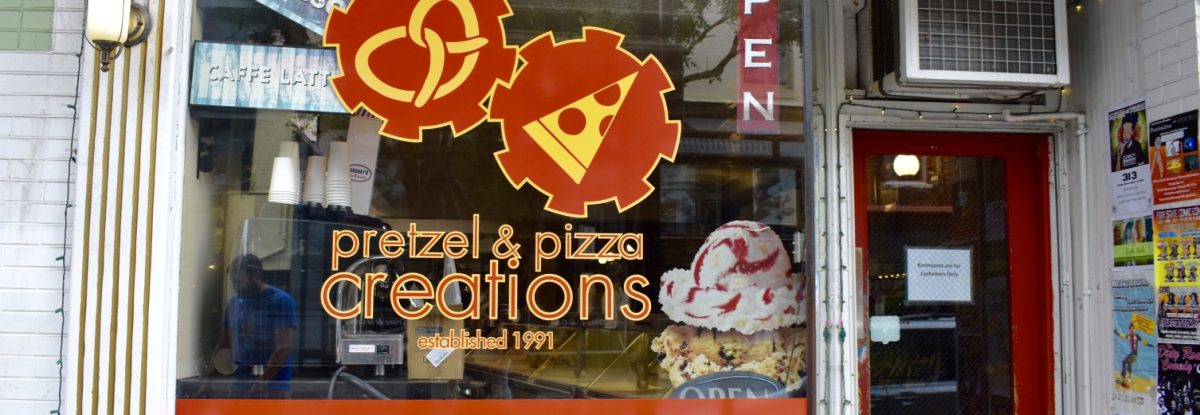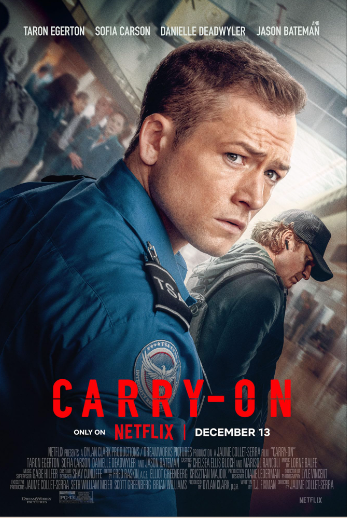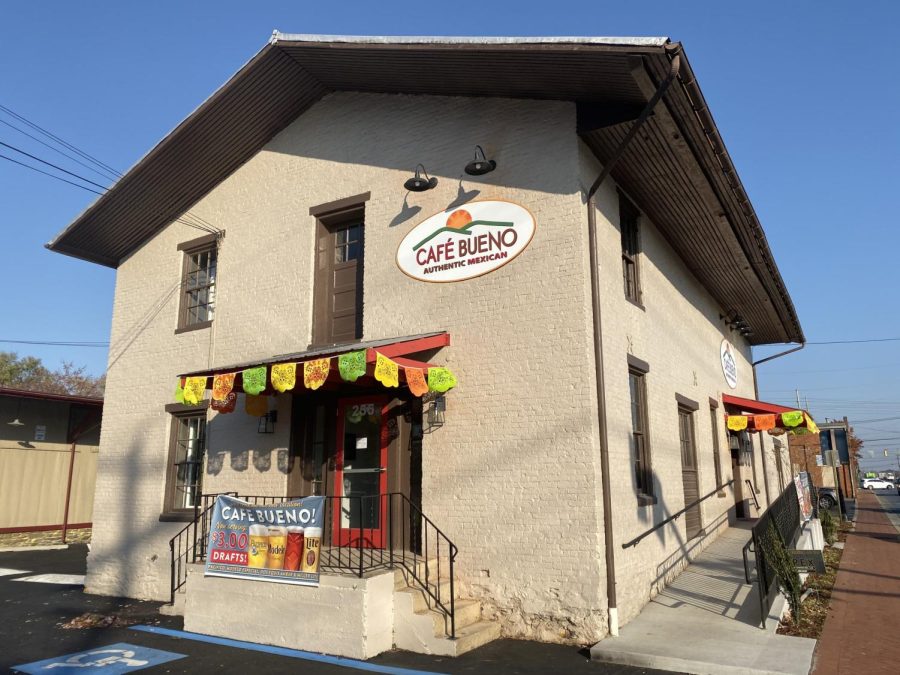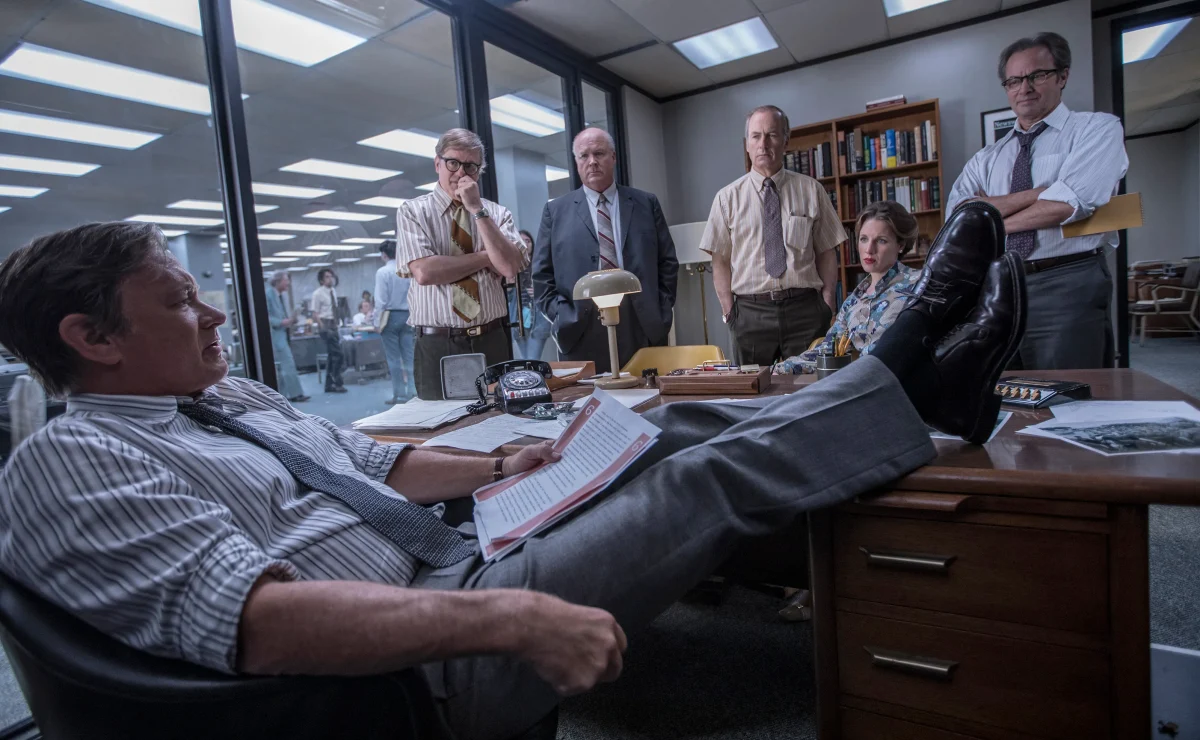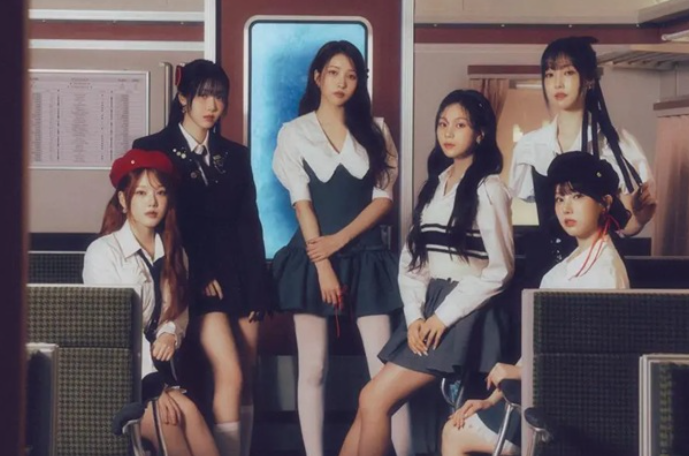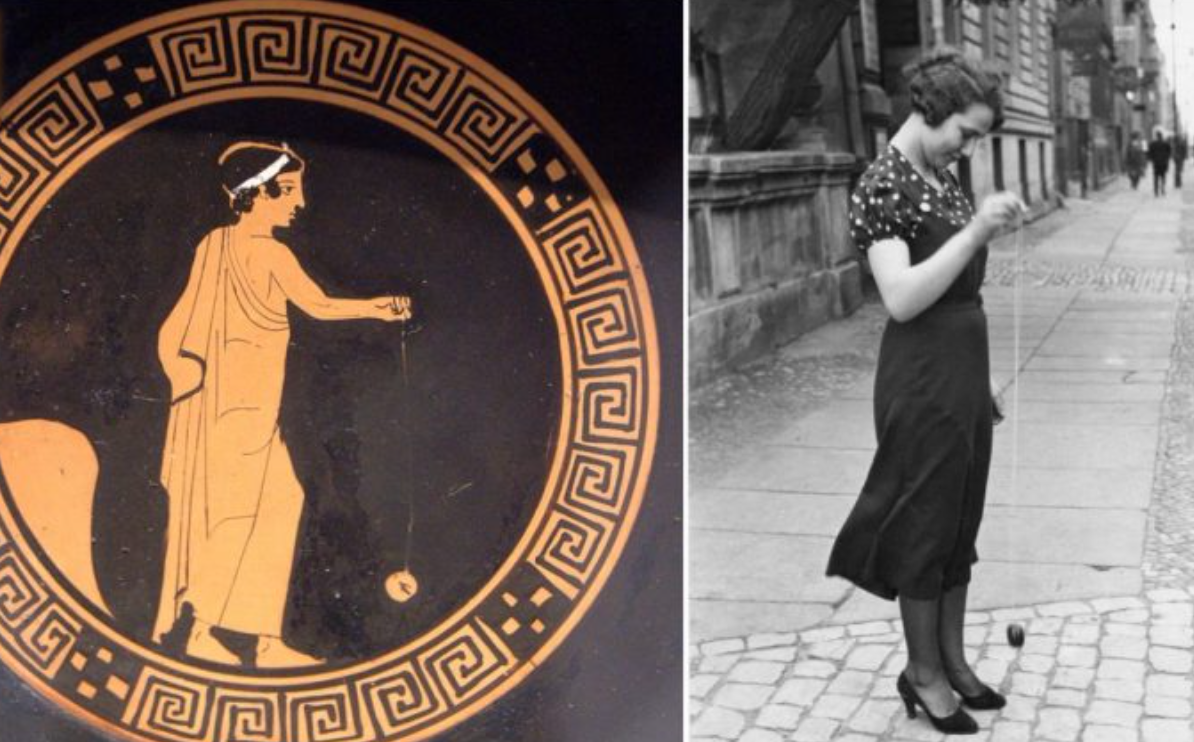Despite the United States priding itself on having equal opportunity and treatment for all no matter gender, race or creed, if you talk to almost any person of color in the United States they can tell you this has not been true historically nor in the present time.
Racism has been prevalent since before the founding of our country, and it has impacted every aspect of our society-even down to our institutions, such as healthcare and the criminal justice system. An example of how racism affects our healthcare is the fact that according to the Center of Disease Control, black women have three times the mortality rate than white women. A prime reason why this may happen is due to the belief by some doctors that African-Americans feel pain differently by having a fundamentally higher pain tolerance, resulting in black people’s pain being seen as not as serious or life-threatening. In fact, according to a study published by the National Institute of Health, 67% of white doctors in their second year of schooling believed that black people are less likely to be affected by spinal cord diseases solely because they are black.
As a woman of color myself (biracial; black and white), I find issues such as this particularly concerning because I have seen how it affects my community. There are so many negative experiences black people have that simply are not talked about enough. For example, in an article by Ta-Nehisi Coates published in The Atlantic, he shares stories people submitted to him of their experiences with racism. Many of these stories are centered around interactions with police. In one story, a black reader from northern California recounts their experience with a police officer using unnecessary force for simply ‘looking suspicious’ in a primarily white neighborhood. In their experience they share, “There was no crime in progress; a cop just thought I looked suspicious, pointed a gun at me and forced me to the ground while peppering his orders with lots of curse words…grilled me about ‘what I was doing in the neighborhood.’”
In another story, a Mexican reader who was adopted by a white family prefaces their story by saying they think that [his/her/their] husband’s family most likely assumed they were “just a very tan white person.” In their experience, they say that this occurred when they, their husband and sisters-in-law saw a black woman being pulled over. Their sister-in-law started making jokes, and their husband asks why she is making those comments and if she was racist, to which she replies, “she was [racist] and hated all people of color. It was her right to be racist.”
Stories like these are essential to share to bring light to the racism and biases that people of color face. There is no true solution to this issue, but it can be improved over time by both civilian efforts and having harsher social consequences for people who share these beliefs. By “social consequences,” I am referring to how other people react to statements of racism. A proper way to react to this would be correcting their statement (this is especially true when their comment refers to stereotypes), or even just telling the person that what they’re saying is inappropriate and disrespectful. It’s important to do this because people need to see that saying or doing these things is not okay, and should not be accepted.




